Lord Macaulay wrote that ‘during the century and a half which followed the Conquest there is, to speak strictly, no English history’, because everything in England was decided by an elite who spoke French. This, of course, makes it one of the most fascinating and overlooked parts of our national story.By a similar token, the years 1945-1955 have been neglected by German scholars, because their national history, in Macaulay’s terms, also did not properly exist. Germany, prostrate, shorn of its ancient east, its fate as yet undecided, was entirely run by occupying powers. Yet, as Harald Jähner argues, this is the very era which defined modern Germany. His Aftermath is what every reviewer longs for: a scholarly masterpiece which is also a good read.
The material is as grim as can be imagined, and Jähner pulls no punches. But he doesn’t allow his story to degenerate into a catalogue of horrors. Instead, we are offered anecdotes and incidents, each memorable, many illustrated by newly discovered photographs, which build into a history which reads like a prelude to Waiting for Godot, that great work of 1949. In vignette after vignette, people remain people, however apocalyptic the events they have just participated in or witnessed or had visited upon them; and the extraordinary horrors of war are tidied away, like the ruins of Germany’s cities, by men and women with their eyes firmly fixed on what — if anything — is for dinner.
As the dark human comedy plays out on the brink of the abyss, logic seems to have been annihilated: Russian POWs commit mass suicide rather than be repatriated; Jews flee to Germany from pogroms further east, to be housed in a specially assigned town in Bavaria, not finally vacated until 1957; hapless British and American military guards make ad hoc alliances with German POWs — who remain disciplined even in defeat — against multinational displaced persons, who, liberated, are taking orders from no one. The beaches of Lake Wannsee in Berlin, where the Holocaust was planned, are crowded within days of peace by American troops and German girls who ‘lay in the sun in their swimming costumes, sub-machine guns next to picnic blankets’. For once it is true to say that almost every page of Jahner’s book could be quoted with disbelieving fascination.
The madness was ended by an epochal sleight of hand. To this day, many Germans hold that der Wirtschaftswunder — the ‘economic miracle’ — proves they have always had a special relationship with industrial destiny. But Jähner shows there was nothing miraculous about it: the Cold War was blowing hot, so the western Allies needed Germany back on its hind legs, pronto, with few questions asked.
The overriding problem was money. The Nazis had kept the Volk happy by merrily printing Reichsmarks which no one could spend — there being nothing in the shops — on the assumption that these would soon be safely foisted on conquered peoples. The result was a gigantic inflationary wave waiting to break. But the economy had to be got going somehow. On 20 June 1948 the Americans allowed Ludwig Erhard to cut this Gordian knot with the most extraordinary move in modern economic history. Personal savers with 1,000 Reichsmarks woke up with only 65 Deutschmarks. The government was virtually freed of all debt. But the Porsches, Krupps and Quandts, who had built up vast but useless Reichsmark profit balances on paper by supplying Tiger tanks and such like, were allowed simply to cross out the word ‘Reichsmarks’ in their accounts and replace it with ‘Deutschmarks’. Bingo! No British government could ever have considered anything so business-friendly. It worked, because so many Germans were glad just to be alive and ready to stick their heads into any paid sand.
No miracle, then. And ‘if the majority of the people had had their way, there would have been no denazification worthy of the name’. Harsh truths for Germany. But Jähner has no desire for his compatriots to indulge in some pointless festival of virtue-signalling. Citing Konrad Adenauer, the founder of West Germany, whose own anti-Nazi credentials were impeccable but who also appointed men with Nazi pasts, Jähner finds that Germany had, and still has, to live with what it did — and get on with in.
So does that mean studying history is pointless? Were Samuel Beckett’s tramps right to end Godot by agreeing that thinking about what might have been is just ‘not worthwhile now’? Jähner will have none of it. The past is what it is. But the future is still in play; and by talking truth to one another we can at least make sure that nobody has to go through it all again.
Got something to add? Join the discussion and comment below.
Get 10 issues for just $10
Subscribe to The Spectator Australia today for the next 10 magazine issues, plus full online access, for just $10.
You might disagree with half of it, but you’ll enjoy reading all of it. Try your first month for free, then just $2 a week for the remainder of your first year.

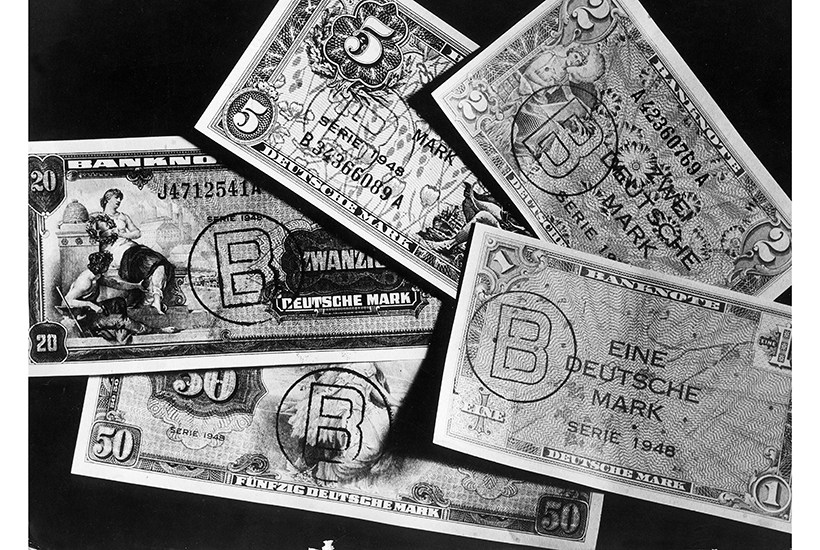
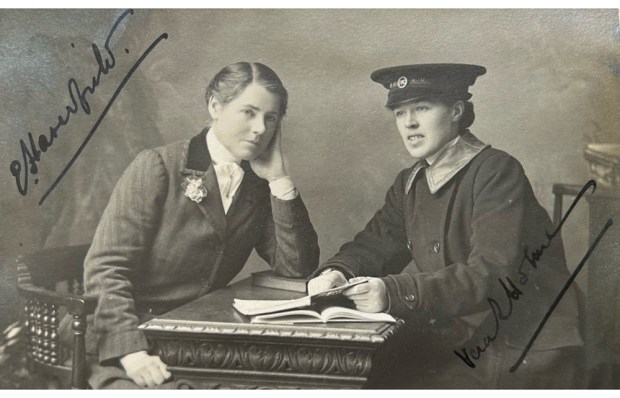
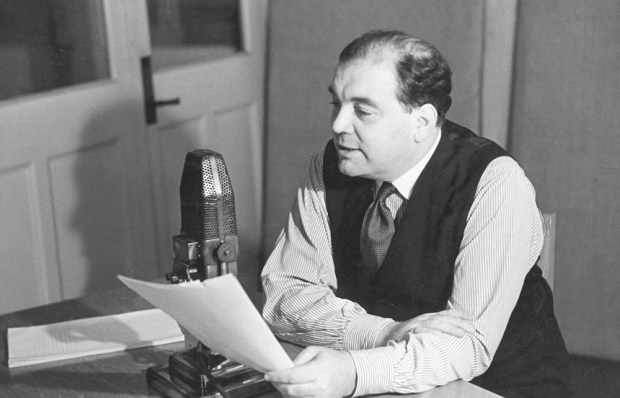
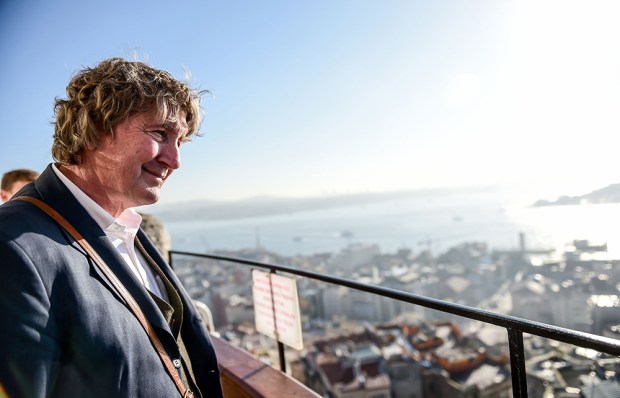
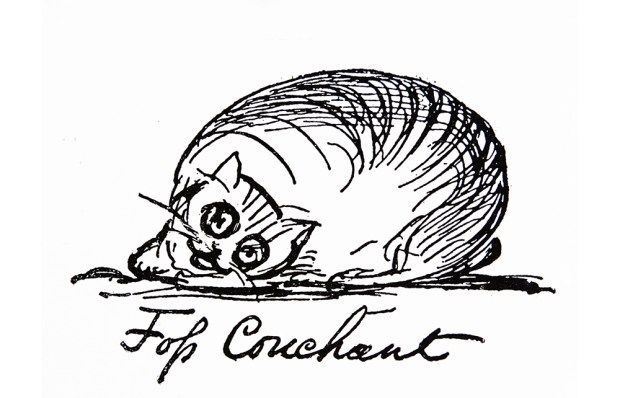
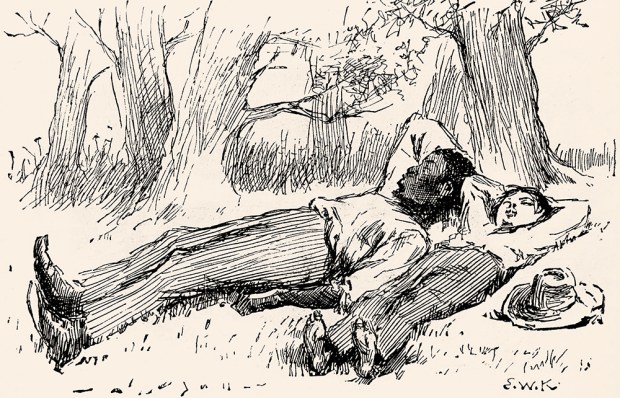
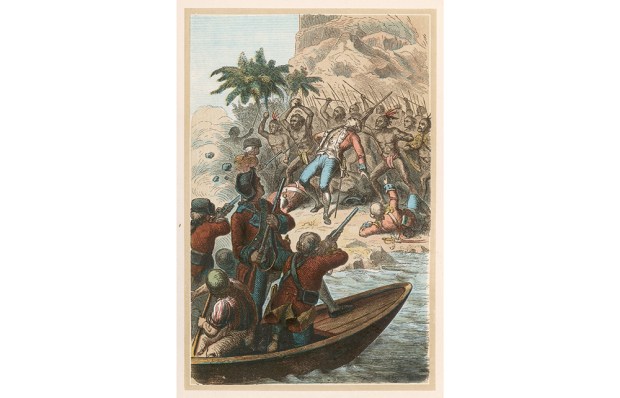






Comments
Don't miss out
Join the conversation with other Spectator Australia readers. Subscribe to leave a comment.
SUBSCRIBEAlready a subscriber? Log in